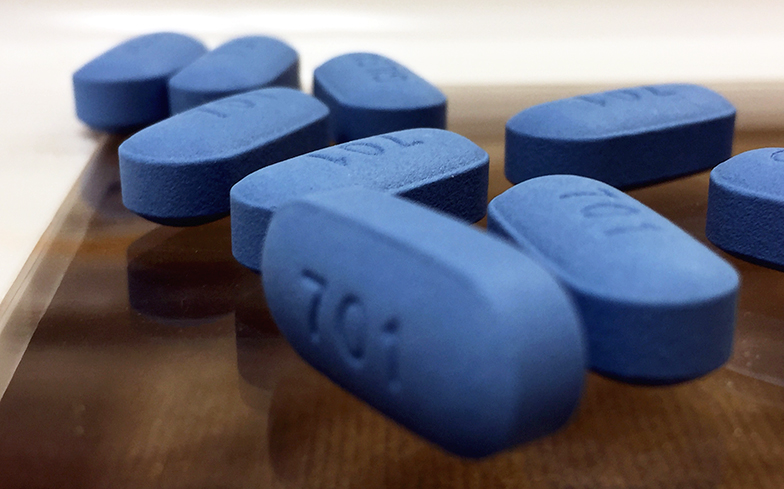The High Court has today overturned Gilead’s patent extension on a HIV prevention drug.
The pharmaceutical company had requested to extend their patent on Truvada in the UK – the HIV drug that is used in pre-exposure prophylaxis, more commonly known as PrEP.
PrEP is a drug taken by HIV-negative people that considerably reduces the risk of acquiring the virus.
With the Truvada patent now overturned in the UK, it means that unbranded versions of the drug can legally be issued to people.
“We welcome this court decision, which overturns the patent extension for Truvada,” said Deborah Gold, chief executive of NAT (National AIDS Trust).
“The decision will mean that unbranded versions of the drug can be legally prescribed. This represents a huge cost saving to buying a drug that would save public money, even at full price.
“We continue to urge the NHS in England to commission PrEP by April 2019, as the current trial is not reaching everyone at risk, indeed some have acquired HIV after being turned away from clinics whose trial places are full.

Gay Times
Related: New study reports zero HIV transmissions from HIV-positive men on effective treatment
“With the generic, unbranded version of the drug available at a fraction of the cost, the pressure increases on NHS England to begin routine commissioning, and make PrEP available to all who need it, urgently.”
This ruling comes weeks after a new report published by Public Health England revealed that new HIV diagnoses decreased by 17% between 2016 and 2017 – from 5,280 down to 4,363 – and by 28% between 2015 and 2017.
When it comes to gay and bisexual men, there’s been a 31% decline in new HIV diagnoses between 2015 and 2017, and that figure rises to 41% when looking specifically at gay and bisexual men living in London.
Public Health England say the decrease in new diagnoses is due to a high uptake of testing, particularly repeat testing among higher risk men, and an increased uptake of anti-retroviral therapy – drugs that keep the level of HIV in the body low to help prevent it being passed on.
However, despite the decrease in new diagnoses, the statistics also show that 42% of people with HIV were still being diagnosed late, which is after the immune system has already begun to be damaged.
Public Health England advises gay and bisexual men to have an HIV test at least once a year, or every three months if they’re having unprotected sex with new or casual partners.
Related: Karl Schmid on breaking down the walls of stigma surrounding HIV/AIDS




